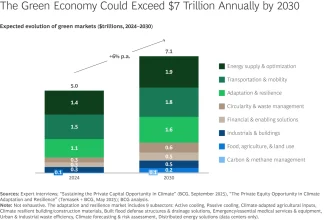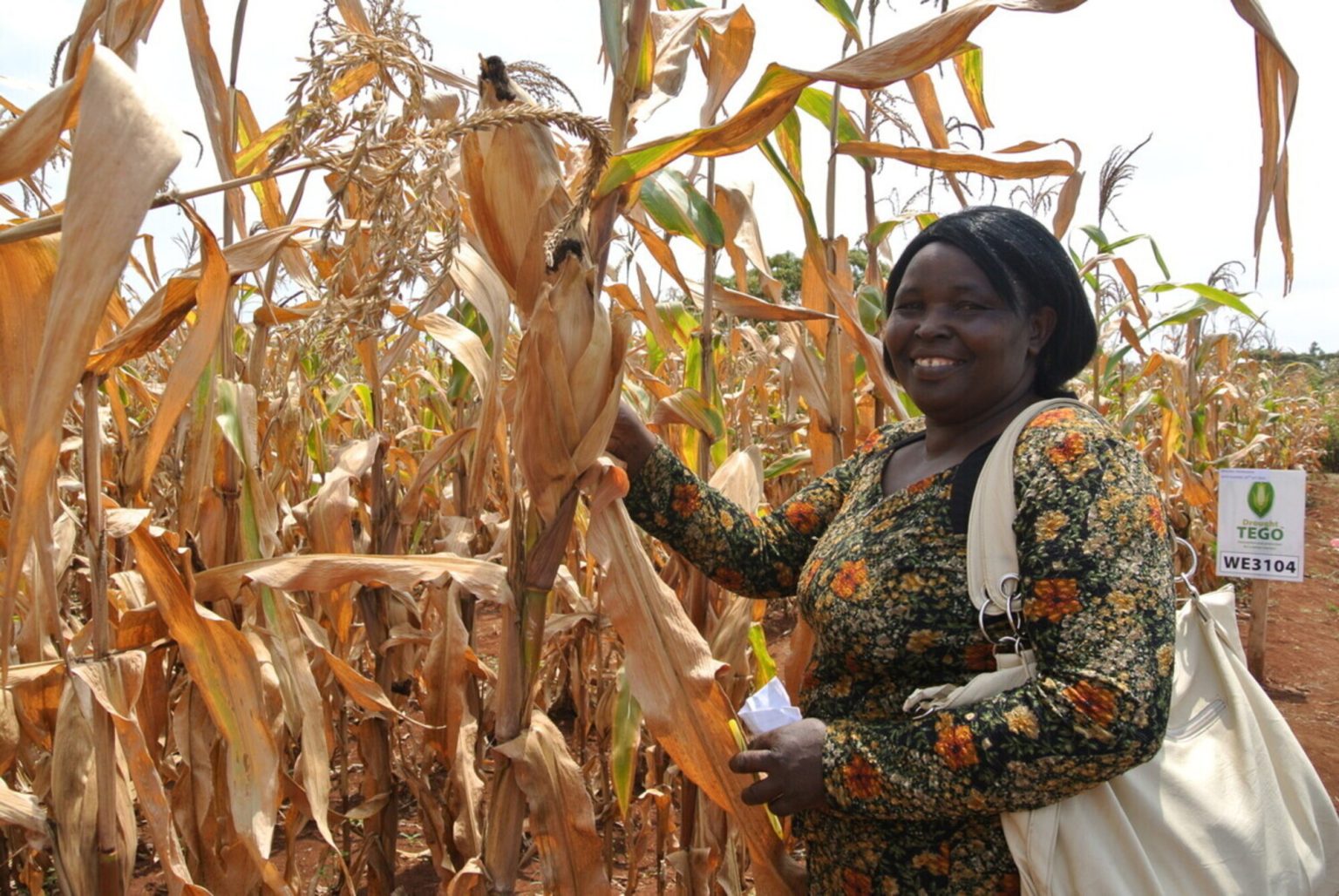By Africa Science
The increasing global temperature has resulted in a wide range of extreme climatic scenarios such as flooding, drought, and other natural disasters (typhoons and hurricanes), consequently bringing about reduced agricultural productivity, especially in Africa. Africa’s food security is under growing threat due to the combined pressures of climate change, rapid population growth, and heavy reliance on rain-fed agriculture, which makes the continent especially vulnerable to climate-related disruptions.
A recently published, high-impact article selected as an editorial choice article, ‘Recent Advancements in Mitigating Abiotic Stress in Crops,’ led by Oyebamiji Yusuf Opeyemi, a Ph.D. researcher at the University of Vermont, USA, provides an in-depth strategy for addressing the challenges of climate change in crop production. To discuss the way forward and possible solutions to the growing threat of food security in Africa, we interviewed Oyebamiji Yusuf Opeyemi, an expert in plant breeding and climate-related research who has recently published in a top-ranked journal Horticulture, titled “‘Recent Advancements in Mitigating Abiotic Stress in Crops” was selected and awarded the editorial choice article.
He notes that data from FAO World Soil Resources (2000) quantify the global land area affected by key abiotic stresses: drought impacts 64%, cold impacts 57%, and salinity impacts 6%.
According to Dr Oyebamiji, the problem of soil salinization is escalating, with approximately 2 million hectares of agricultural land lost each year, resulting in severe yield reductions.
“This environmental degradation is closely linked to climate change, which disproportionately affects Africa”, says Oyebamiji.
Oyebamiji also noted that, according to the Global Climate Risk Index 2021, 70% of the countries most impacted by climate change between 2000 and 2019 were located on the African continent, a region expected to confront intensified water stress by 2025.
The consequences for agriculture are severe; the FAO (2016) notes that drought is responsible for 15% of all global crop damage and constitutes a third of the abiotic stresses that limit rice production in Africa.
“In addressing the growing and escalating concern of climate change on agricultural productivity, we must develop effective strategies to help the agricultural industry overcome these challenges, boosting crop resilience and securing higher yields,” said Oyebamiji.
He advises that a broad spectrum of approaches, including traditional and modern breeding methods, agronomic innovations, seed priming, microbial seed treatments, microorganism inoculation, grafting, and the application of plant growth regulators and osmoprotectants, needs to be implemented individually and in combinations.
He also emphasized that in light of significant environmental degradation, this technology is a cost-effective and eco-friendly method for boosting plant production and stress tolerance.
He also states that other efforts are underway to strengthen food security across Africa. The African Union’s Comprehensive Africa Agriculture Development Programme (CAADP) is promoting agricultural productivity and resilience through strategic investments in agriculture, infrastructure, and research.
In addition, international organizations, governments, and NGOs are contributing by providing emergency food aid, advancing sustainable farming practices, and supporting initiatives that build resilience to climate change.
As climate change continues to threaten agricultural productivity, food security, and livelihoods across Africa, building climate-resilient food systems has become increasingly essential.
Achieving this goal demands a comprehensive strategy that incorporates crop diversification, efficient water management, supportive policies, increased investment in research, and strengthened international collaboration.
Through these measures, says Oyebamiji, Africa can safeguard its food supply and promote a sustainable future for its population. He emphasized that agricultural stakeholders, the government, private organizations, and policymakers must invest heavily in educating local and rural communities on these approaches and create awareness among the populace to implement them.




